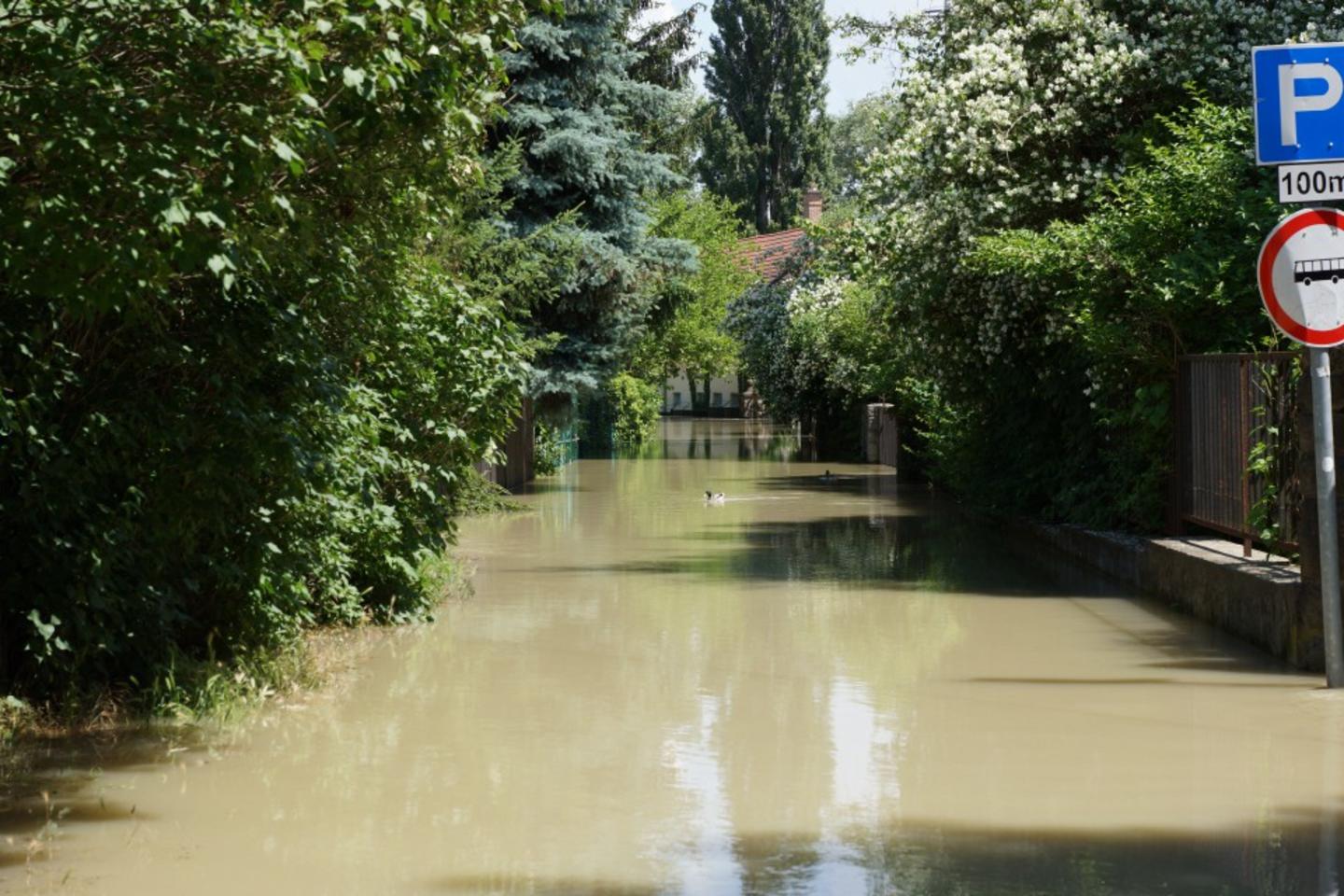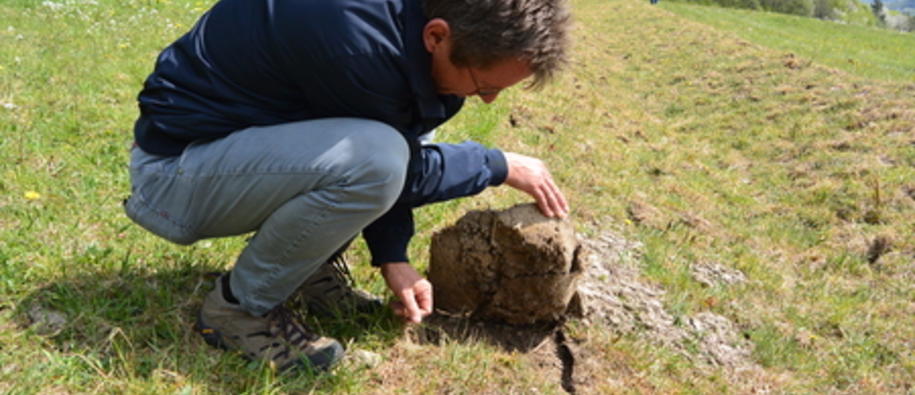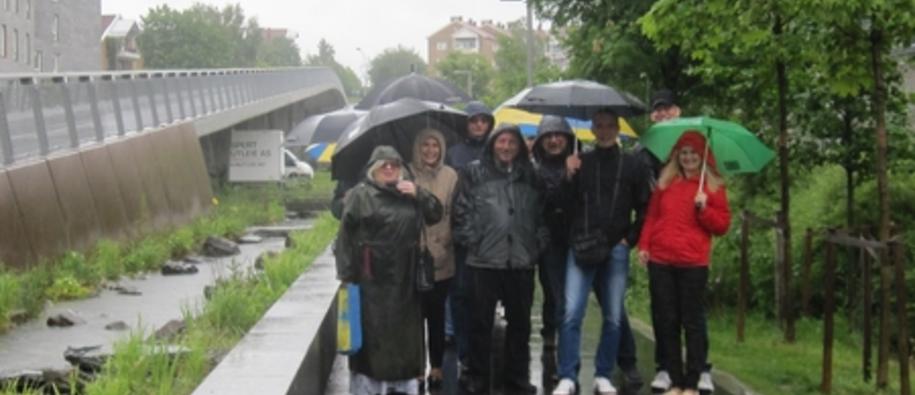Emissions of greenhouse gases are changing the climate. How grave the consequences will be depend on how much we can reduce emissions. European countries are already experiencing more extreme weather. Some parts of the continent face more frequent heatwaves, forest fires and drought, while other countries experience increased rainfall and flooding. Some are facing both extremes. In addition to reduce greenhouse gas emissions, adapting to a changing climate is necessary to protect ecosystems, people, infrastructure and businesses from the impacts of extreme weather.
Iceland, Liechtenstein and Norway contribute to improve the responses to a changing climate in Europe. Through the EEA and Norway Grants, more than €50 million has been set aside to responding to climate change impacts through programmes in nine EU countries: The Czech Republic, Estonia, Hungary, Lithuania, Latvia, Malta, Portugal, Romania and Slovakia. The programmes contribute to reduce the vulnerability of people and ecosystems to climate change.
Additionally, over € 200 million has been allocated under the EEA Grants funded ‘Energy efficiency and renewable energy’ programmes that also contribute to reducing greenhouse gas emissions.
Think globally, act locally
Heat waves, droughts, heavy rainfall and flooding and their potential consequences vary in severity and nature between regions in Europe. To handle and prepare for the challenges, it is important that climate change adaptation is integrated into civil planning, a lot of which takes places at local level.
Improving knowledge, capacity and preparedness at local level is a key element in efforts to adapt to climate change through the EEA and Norway Grants. At the same time, the overarching strategies need to be in place at national level to ensure a coordinated response.
Sharing experience from Norway
For many countries adaptation to climate change is a new area. Norwegian entities, organisations and municipalities contribute in preparing the adaptation efforts in the beneficiary countries with their experience.
“Climate change adaptation measures are mostly done at local and regional levels, it is therefore important to include municipalities in the work we are doing. We have contributed to contact between Hungarian and Norwegian local and regional actors so that they can cooperate and share experiences,” said Karl Kerner in the Norwegian Directorate for Civil Protection (DSB). DSB is a donor programme partner in the climate change adaptation programmes in Hungary, Latvia, Portugal and Slovakia.
“We have worked with climate change adaptation at local level in Norway and those experiences have been very useful when training representatives from three municipalities in Romania in preparing for development of local adaptation strategies,” said Gunnbjørg Nåvik from the Norwegian Association of Local and Regional Authorities (KS) who is a project partner in the adaptation to climate change programme in Romania.
“The project is not only contributing to better capacity to develop and implement climate change adaptation strategies and measures, but also to raise the awareness climate change in general,” Nåvik said.
Examples of what we do:
- In Romania, the Norwegian Association of Local and Regional Authorities (KS) together with the Norwegian Directorate for Civil Protection and Western Norway Research Institute are working with the Environmental Protection Agency in Sibiu and three pilot municipalities (Sibiu, Brasov and Tg Mures) in preparing for development of strategies and actions plans for climate change adaptation. A key part of the project is exchange of experience and knowledge from adaptation efforts and methodology used at the municipal level in Norway. In addition, the project seeks to enhance the long-term preparedness by developing university level courses on climate change at the Lucien Braga University in Sibiu as well as piloting various adaptation measures.
- In Hungary, our programme contributes to the development of a new database that will provide a detailed understanding of climate change impacts and vulnerability in Hungary and support national and local decision-makers in assessing the impact of climate change on different sectors and in developing necessary measures to adapt to the changing climate. The so-called National Adaptation Geo-Information System (NAGiS) will provide information on past and future climate conditions in the whole of Hungary, possible impacts of climate change and on strategic risks as well as on possibilities for adaptation. The Norwegian Directorate for Civil Protection (DSB) has contributed to the project with facilitating exchange of research experience with Norwegian partners and consultation on administrative processes.
- Portugal is vulnerable to increasing temperatures and decrease in rainfall. Our programme contributes to better preparation and planning for a changing climate by supporting start-up of projects on adaptation to climate change. This includes the establishment of a website with systematic collection of information on climate trends and training of municipalities in developing local adaptation strategies. Moreover, the programme supports development of methods to integrate climate change adaptation into the agricultural sector, industry and service sectors including the tourism sector. The Norwegian Directorate for Civil Protection (DSB) is a Norwegian donor partner.
- In Latvia, our programme contributes to the development of a national adaptation to climate change strategy in line with EU requirements. The programme also contributes to create and develop a national system for reporting on greenhouse gas emissions as well as awareness raising and piloting climate change proofing of buildings. The Norwegian Environment Agency and The Norwegian Directorate for Civil Protection (DSB) are donor partners.
- In Slovakia, our programme contributes to improve the resistance and preparedness for the consequences from both floods and droughts locally as well as to increase both the flood expert capacity and public awareness and understanding of flood protection. The Norwegian Water Resources and Energy Directorate and The Norwegian Directorate for Civil Protection (DSB) are donor partners.


